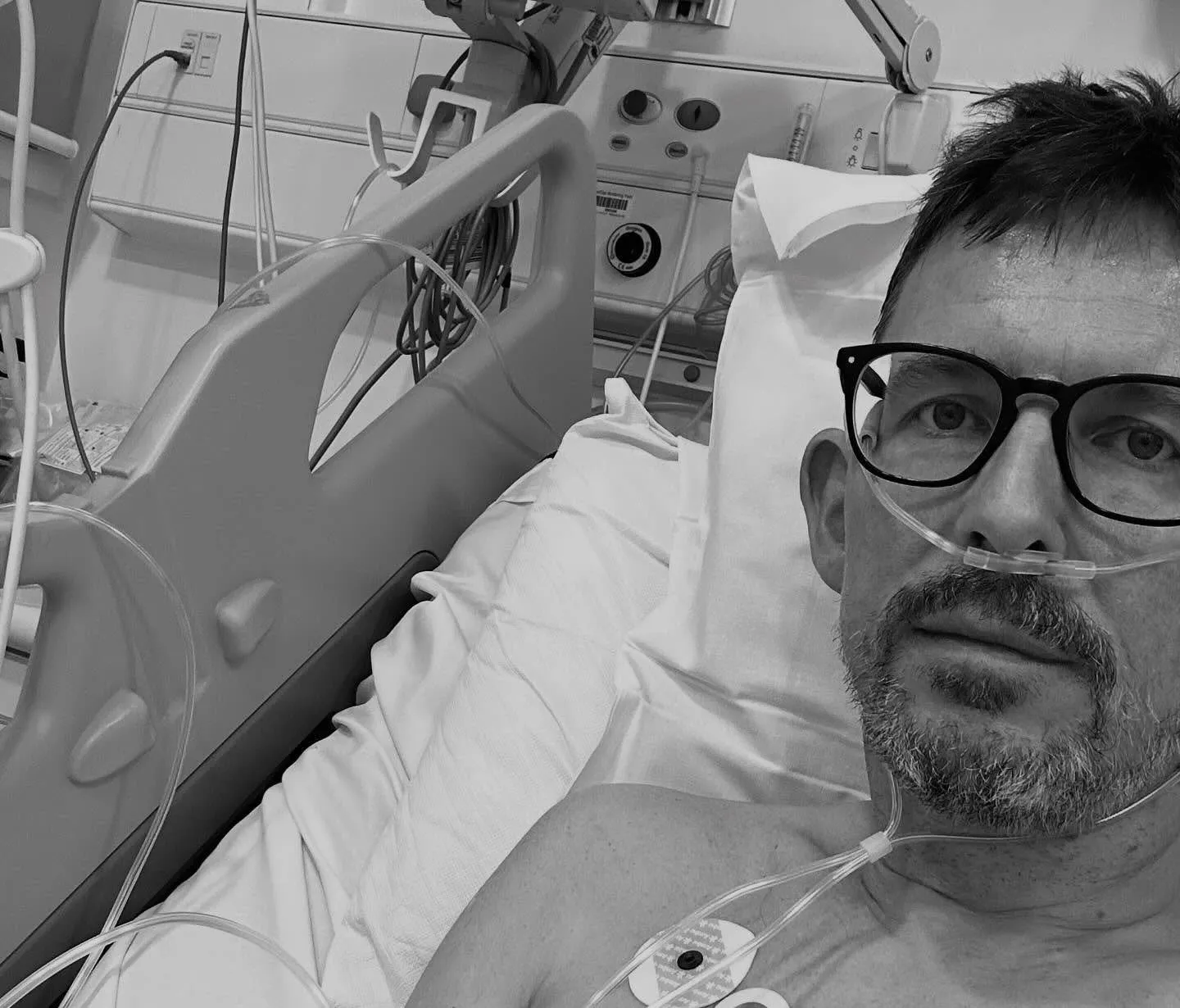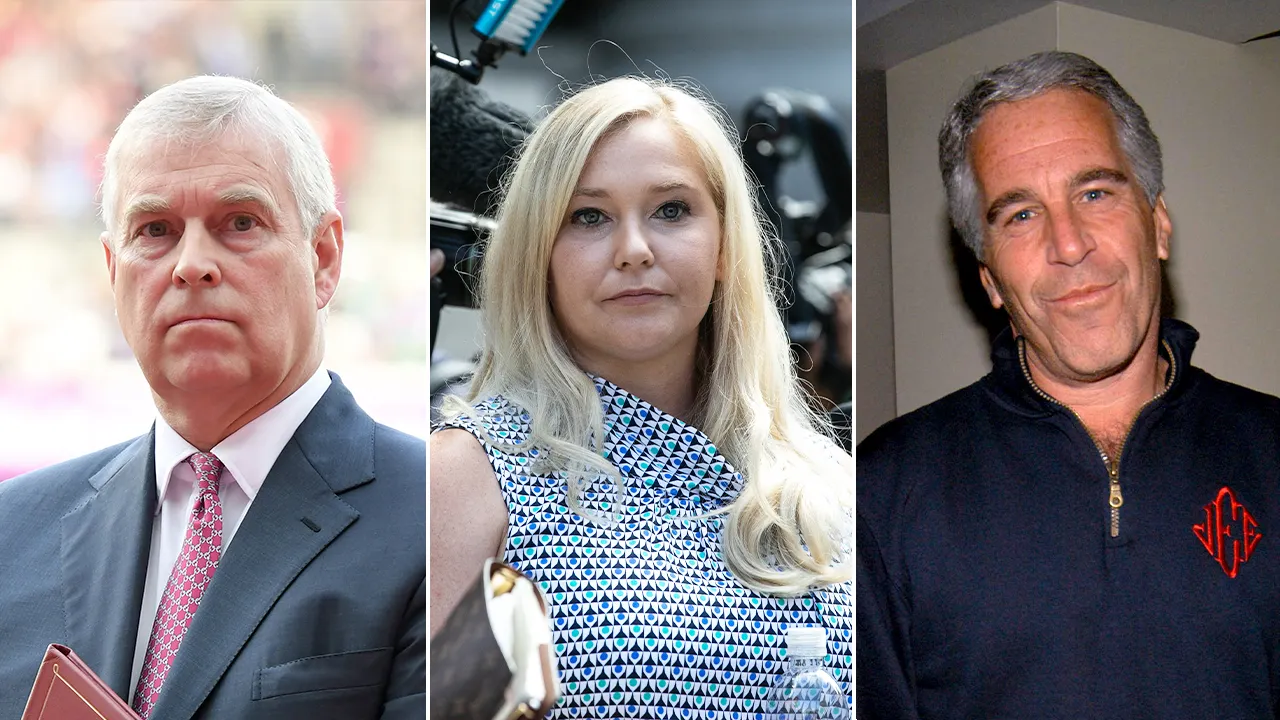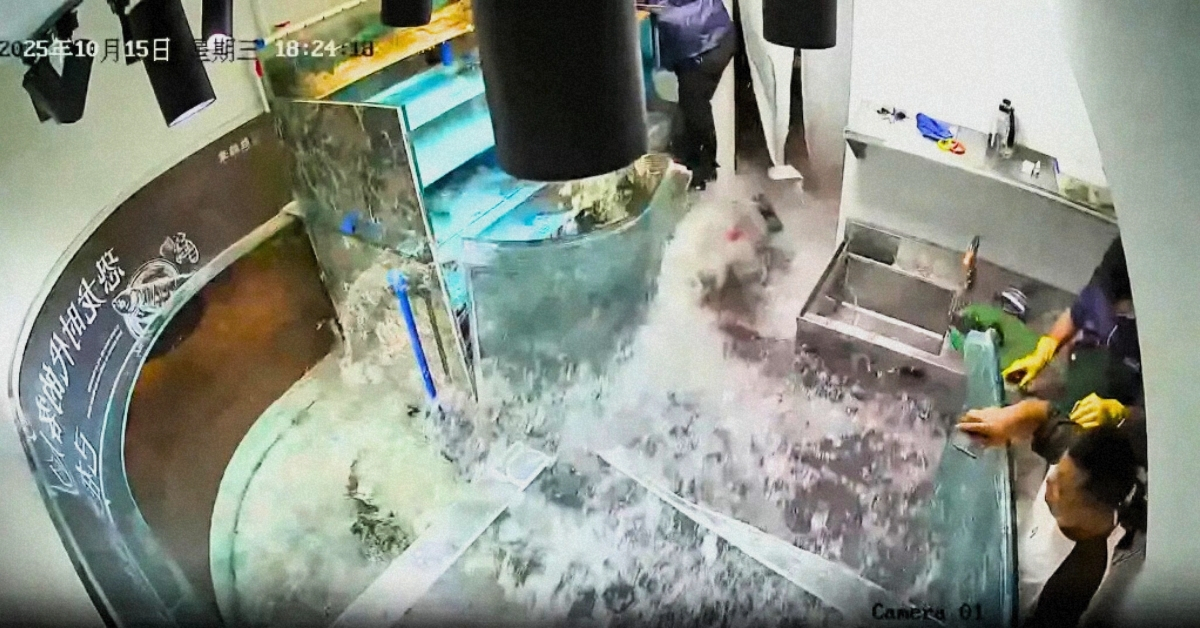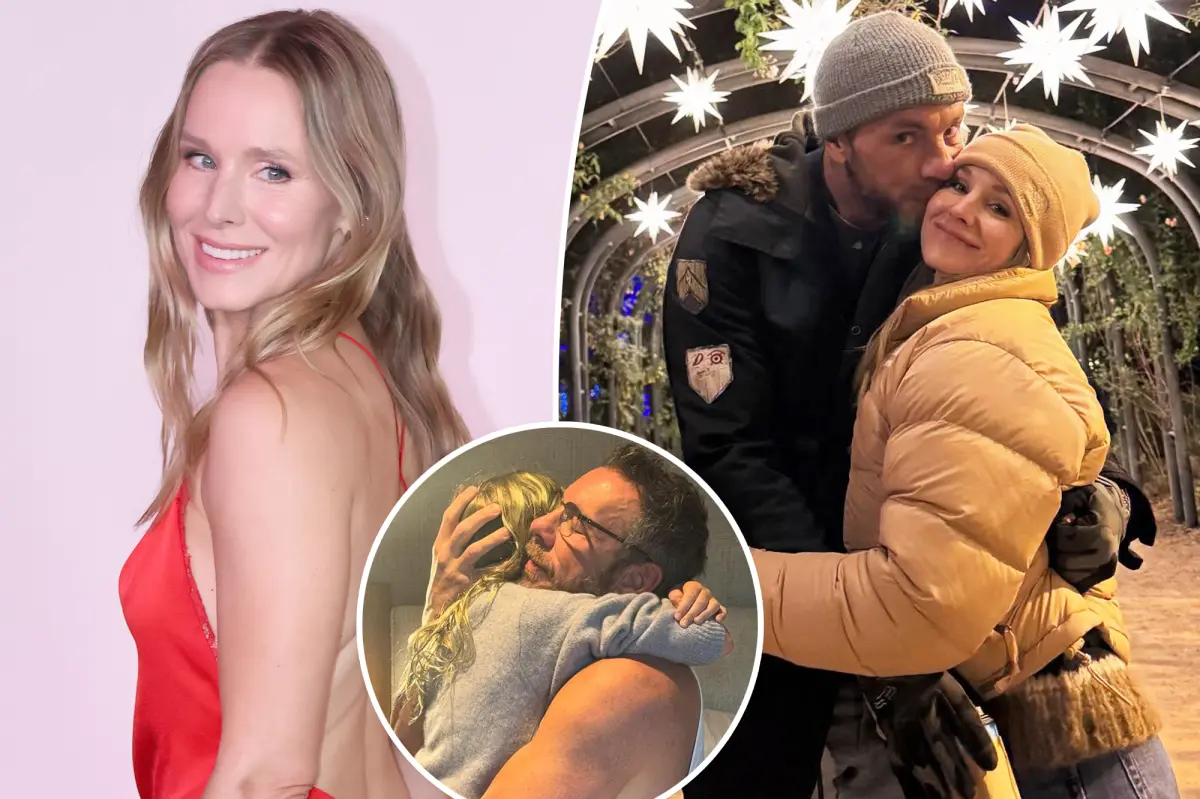Copyright NBA News
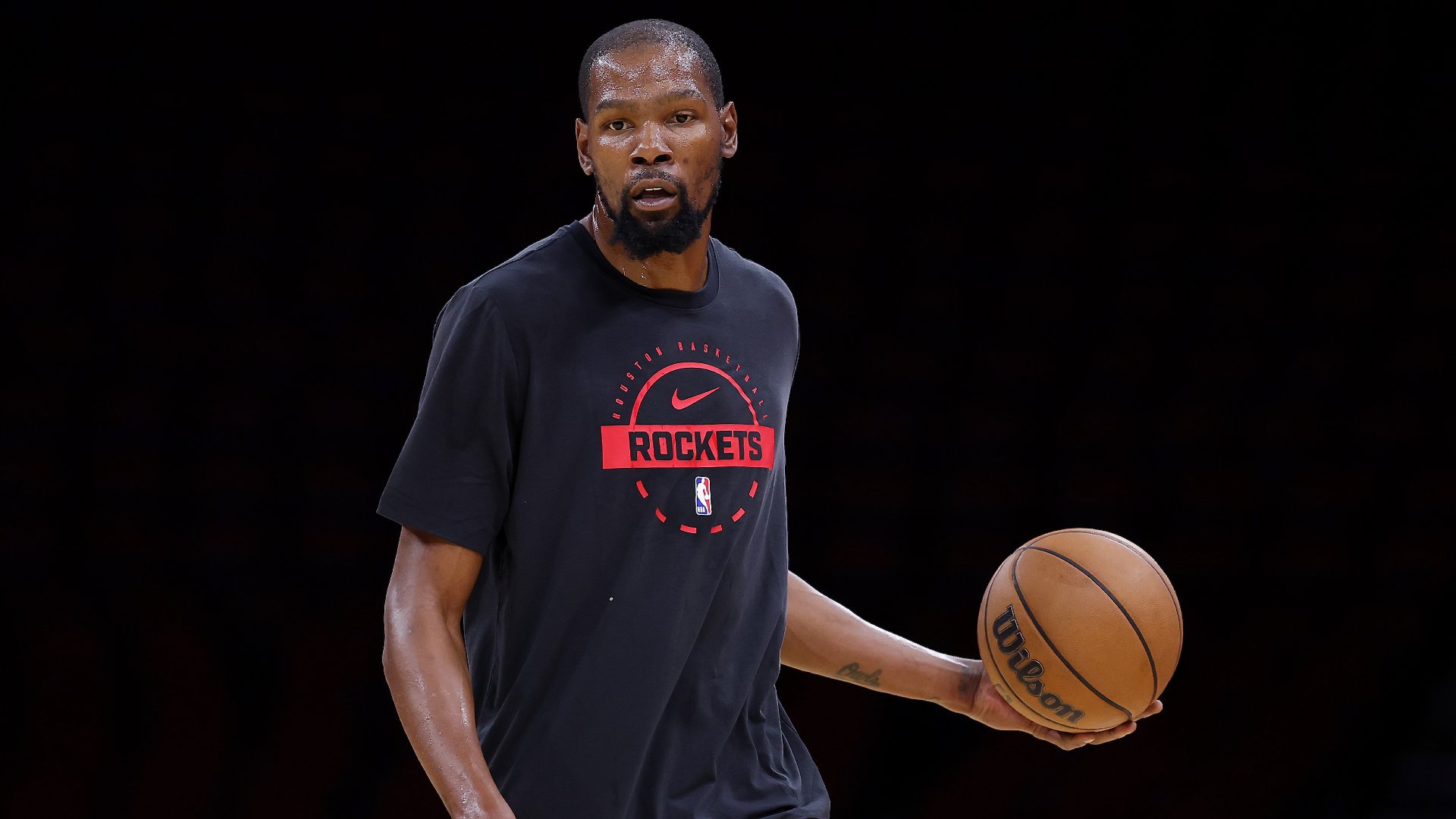
OKLAHOMA CITY — An opportunistic bit of NBA scheduling has produced a perfect storm, ensuring that the front door of the 2025-26 season will blow open Tuesday with gusto. This creation was made possible and even necessary by multiple conspiring forces: A new network partner (NBC/Peacock) excited to debut, the reigning NBA championship team ready to be fitted for rings and, mainly, an all-time great player strategically placed on the opposite bench, in a basketball city he helped build. And so, we have arrived here for an Opening Night game ready to be unleashed (7:30 ET, NBC & Peacock). This goes deeper than the Oklahoma City Thunder raising a banner to the arena ceiling in a final celebration of its first title. It goes beyond the recharged Houston Rockets, these Game 1 visitors, looming as a roadblock to OKC’s realistic dreams of repeating as champs next summer. None of this happens without him being here for this. Because this night is also about Kevin Durant, ready to make his Rockets debut and a legend who in another lifetime laid the foundation for this potential OKC dynasty. It has been nine years since Durant last played in a Thunder uniform. There’s distance between him and that past. He’s now with a team that, maybe this time, completes him after three other detours since leaving OKC. And at age 37, maybe a guy who just wants to hoop finally got tired of moving (he just signed a two-year extension with Houston). The Rockets were “a calling” after he was traded from the Phoenix Suns last summer; he never used that description at other stops, even when several Golden State Warriors made their free agency pitch in the Hamptons in the summer of ’16 and sold him on championships (he won two in the Bay before signing with Brooklyn in 2019). Houston isn’t just some spiritual destination. There’s real talent on the Rockets. The core is a bit undeveloped and therefore might not be mature enough to sip victory champagne next June. Or maybe these Rockets just needed someone to show leadership, bring credibility and get tough buckets in those fourth quarter moments of truth. Which Durant is fully capable of doing even after 19 years of punishing defenders and winning big. “He has been around enough to see everything, been in a lot of systems, been around a lot of guys,” says Rockets coach Ime Udoka. “You just plug him in and maximize the things he does well. He’s a seamless fit. He has won it all. It’s easy to match up players around his skillset.” A former Kia MVP and 11-time All-NBA member has saved something for the stretch run. Just last season he averaged 26.6 points per game (a 16th straight season scoring at least 25 ppg) on 52.7% shooting. He can pass Wilt Chamberlain (No. 7) and Dirk Nowitzki (No. 6) this season on the all-time scoring list. His mind and body remain sharp. Even better, as does his pride. Houston isn’t getting the corpse of Durant. The man still demands a double-team. “I know what I’ve done in this game,” he says, “and what I’m capable of still doing.” Durant on OKC days: ‘I’m happy I had that time there’ Durant makes it clear he’ll have no combative emotions when OKC raises that banner. He’s happy for the franchise and especially Shai Gilgeous-Alexander (Durant says he is a big fan of the reigning Kia MVP). And the scattering of boos that greeted his appearances since leaving town, that doesn’t cut as deep anymore. But he says this: “I’ve been the villain in a lot of places for eight years now. But I hate the fact that for some people there, they only know me as a villain. They don’t know me for anything else.” Or maybe they do, actually. Maybe the response is a direct result of the impact Durant had, not just on the franchise when he and the SuperSonics moved from Seattle in 2008, but a city anxious to stand out as a hoops haven. It’s probably not a stretch to suggest that few heroes who worked in this town endeared themselves to Oklahomans quite like Durant. His eight Thunder years coincided with city improvements, an influx of young professionals and the booming of the Bricktown entertainment district. OKC is where Durant became of age in the NBA, where he teared up and told his mother “You the real MVP,” where he mingled with strangers on the streets, where he still holds the mark for the most career points per game, where he turned the Thunder into a force that eventually reached three Western Conference Finals and the 2011 NBA Finals. This isn’t news, although sometimes it must be rehashed for those who forgot. “There’s no Oklahoma City Thunder without Kevin and how he embraced the culture of that city when we got there,” says Jeff Green, teammates with Durant for the first two years in OKC, and now again in Houston. “He made it possible for how they are and what they are now.” Oklahoma City has a sports identity because of Durant (and Russell Westbrook, to be fair) and is an NBA destination viewed favorably by stars in their prime. Gilgeous-Alexander, Chet Holmgren and Jalen Williams, the core of this Thunder team, all agreed to long-term extensions. A new arena is set to begin construction across the street from Paycom Center in 2026, and while Gilgeous-Alexander will get credit for building it, Durant certainly put a shovel in the dirt. Durant keeps ties to this city and others he repped in the past. Friendships, bonds, old haunts are all prized by Durant, who prioritizes relationships. “It used to bother me a lot, when I would come back, the reception,” Durant says. “I’ve gotten over it. I know what I meant to the city and the franchise and what the city meant to me at that point in my career. I’m happy I had that time there. It was a great place, the best place for me at that time.” Veteran embraces his mentoring role When it was evident Durant would be rerouted by the Suns, it was apparent that the Rockets wanted, and needed, him. They have a shifty, multi-skilled center in Alperen Sengun; Durant has never played with a big man so gifted. And Amen Thompson, an athletic wingman praised for defense. Jabari Smith Jr. is Durant’s personal project; the two are inseparable, with Durant schooling him on the nuances of playmaking and shot-creating. Houston also offered Udoka, a coach Durant has known and respected; and assistant coach Royal Ivey, another long-time Durant confidant who, like Durant, played collegiately at Texas. Mostly, Durant saw a chance to be the secret sauce for an up-and-coming contender that could win a title. “This felt natural, felt right,” Durant said. “So many great pieces that complement each other well if we play together, move the ball. We have high IQ players on this team with unique skill sets and body types I haven’t played with before.” The No. 2-seeded Rockets crashed last spring, in Game 7 of the first round against the Warriors, because they lacked that requisite star to put the opposition on red alert. Durant has a career defined by playing that role. He brings wisdom, and his experience and age are already both a source of value and the butt of jokes. “Amen [Thompson] doesn’t say I’m 37, he says I’m pushing 40,” Durant says. “That’s what I get from him.” Just then, on cue, Thompson walks by, points, laughs, shoots Durant a look and a wisecrack about something … geriatric. Durant’s response is immediate: “See that? See that!” What’s it like to have teammates who grew up watching you play? “That’s crazy,” he says. “Guys coming up to me and saying, ‘My mom told me to play like you, to pattern my game after yours.’ When I hear that it’s strange but such an honor. It lets me know that I prepared myself the right way, played the game the right way. To have some of these guys look up to me their whole lives is special.” Which leads to another question: How will you know when it’s time to walk away? Durant shakes his head. “I don’t know, man. I honestly don’t know. I try not to think about that. I’ve been playing this game so long. I can’t imagine myself not playing. I know I don’t want around be around to the point where I can’t contribute, and just hanging around. Thankfully I’m not there yet. But man I just don’t know. It’s scary.” The decisions to join the Warriors, Nets and Suns after leaving OKC all made sense to him at the time. Durant took something from each. They made him what he is now. “From every place I’ve been, from the outside looking in, it may have looked like a tough breakup with each team I’ve gone to,” he says. “But behind the scenes, I built great relationships and lifelong friendships.” His goal and purpose remains unchanged after nearly two decades and those handful of stops: “To be better than I was the day before.” * * *
